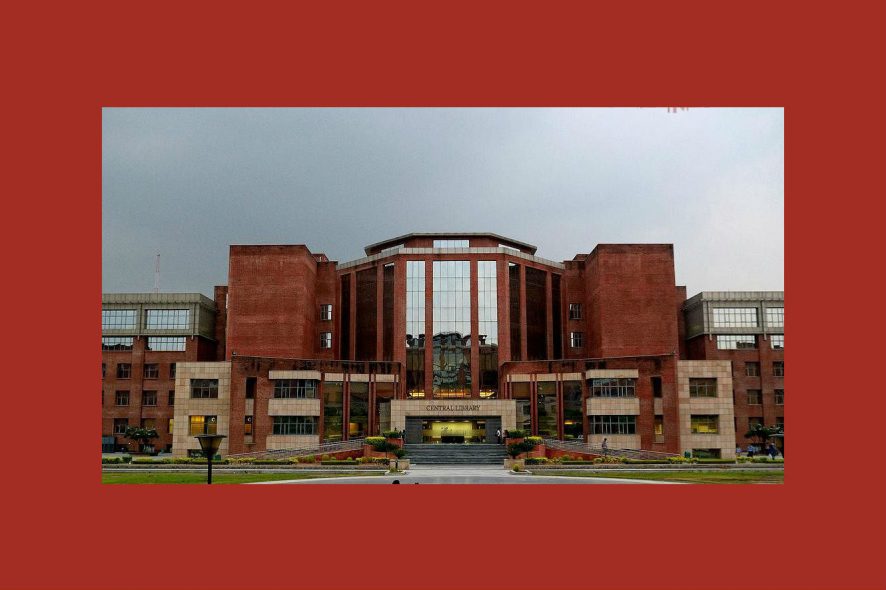Amity Law School, Noida is pleased to announce the Dialectic Reflections on the Position of Women in the Twenty First Century India: A step towards Right to Equality from March 06 -March 07, 2019.
Background of the Event:
Equality of gender has been the most debated subject in recent times. Discriminations and social evils have existed across religions in our country. There is a need to speak out openly against unjust personal laws and to mandate the uniform civil code. The judgment on triple talaq becoming unconstitutional and Sabrimala is just a panacea highlighting a serious concern. The significance of the abolition of triple talaq shouldn’t be underestimated. Gender discrimination coalesces with class inequalities and pervasive social hierarchies to compound the marginalization victim women. This doesn’t just reinforce the centrality of personal laws, but glosses over the economic, political, and social problems that define the everyday experiences. It is clear that their deprivation stems from a shortage of three essentials: knowledge (measured by literacy and average years of schooling), economic power (work and income), and autonomy (measured by decision-making and physical mobility).
Goal and Objectives:
Though the judicial attitude in the recent Judgments have missed the chance to assert that, personal laws cannot override fundamental rights. In the triple talaq case former Attorney General Mukul Rohatgi proclaims that the “judgement has restored the dignity of the Muslim women who can now march to progress like other citizens of the country”, he repeats a familiar and flawed narrative – of Muslim women needing to be saved and liberated from their religion, and sometimes even from themselves. Beyond the political claim, the verdict highlights the changing social and political landscape in India, which enabled a group of Muslim women to successfully take on orthodox elements in their community. The Judgement on the Sabrimala issue however has a strong public opinion in favor of the practice. The simple objective of this symposium is to bring awareness amongst people regarding the changing social and political landscape in India, a step that will enable women to successfully take on orthodox elements in their community.
Themes and Sub Themes:
- The Recent growth in Feminist Jurisprudence;
- Constitutional provisions on safeguards for women;
- Emerging Laws in India to protect women;
- Need to work on Menstrual Hygiene;
- Gender Equity vs. Religious Practices;
- Role of Women in Indian Economy;
- Scheme on women empowerment;
- Women and her role in balancing Family;
- Role of NCW in empowering women;
- Women in the unorganized sector.
Expected Results or Outputs:
This event will establish that gender rights are for all. It will prove whether the recent developments such as, Abolition of Triple talaq or the Sabrimala issue indicate a favorable time for women community to achieve Right to Equality. This symposium will result in awareness amongst women by giving them more confidence to keep their problems so that their issues raised do not go unheard. This symposium is an excellent platform for the women and scholars of the related field across India to come ahead and speak their mind.
The outcomes of the symposium can be numerated as under:-
- Opportunity to distinctively speak whether Uniform Civil Code could be an answer to the exiting inequalities in the social structure.
- Interlinking of the two major fields of law i.e. Family law (Personal Laws) and Constitutional law.
- Entry in Sabrimala Temple- a precedent for social equality in India?
- Decriminalization of Adultery – significance in Indian marriage system.
- # Me too Movement: Effectiveness
- Invalidating Instant Triple Talaq: Is this an invasion into the Personal Laws?
Women Rights and Muslim Personal Law: Comparative analysis of Islamic nations
The papers presented in this event will be published in form of a proceedings and a book will be published with strict publication rules.
Activities and Duration:
This symposium will be a two day event starting with inaugural and ending with the valedictory function. There shall be two halves of the event of four sessions, (tentative schedule attached).
Innovation:
This symposium is an innovative step to raise awareness amongst all the people regarding the details of Women Rights to equality and their social presence in twenty first century India. At the same time this legal discourse also focuses on creating a link between Family Law, Criminal Law and Constitutional Law. Any country can-not progress unless every single person is provided with human rights. Right to equality needs certain changes in our basic legal frame work as well and this symposium tries to create that link.



